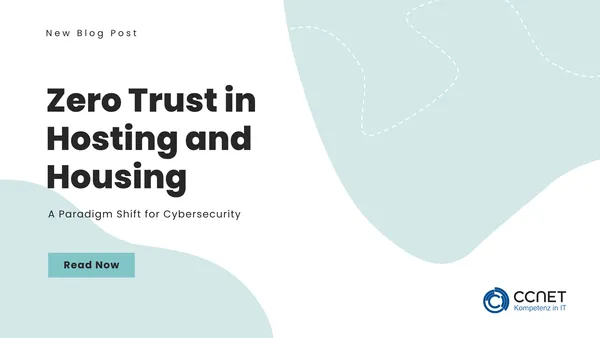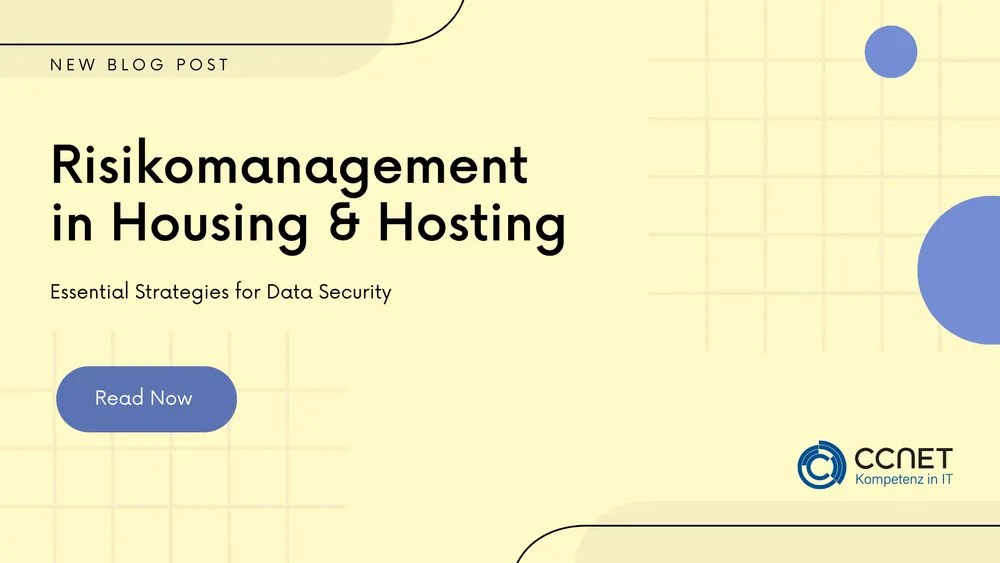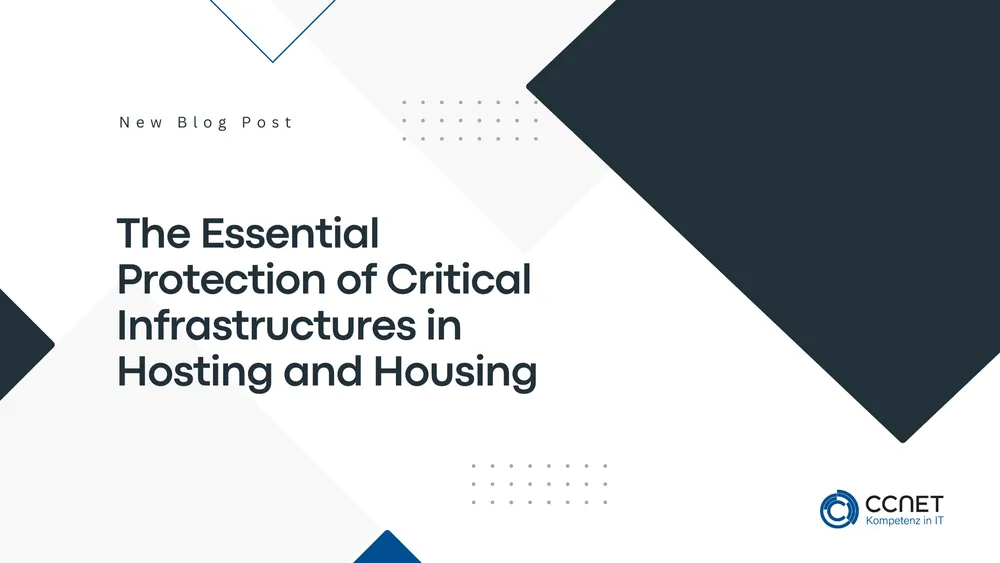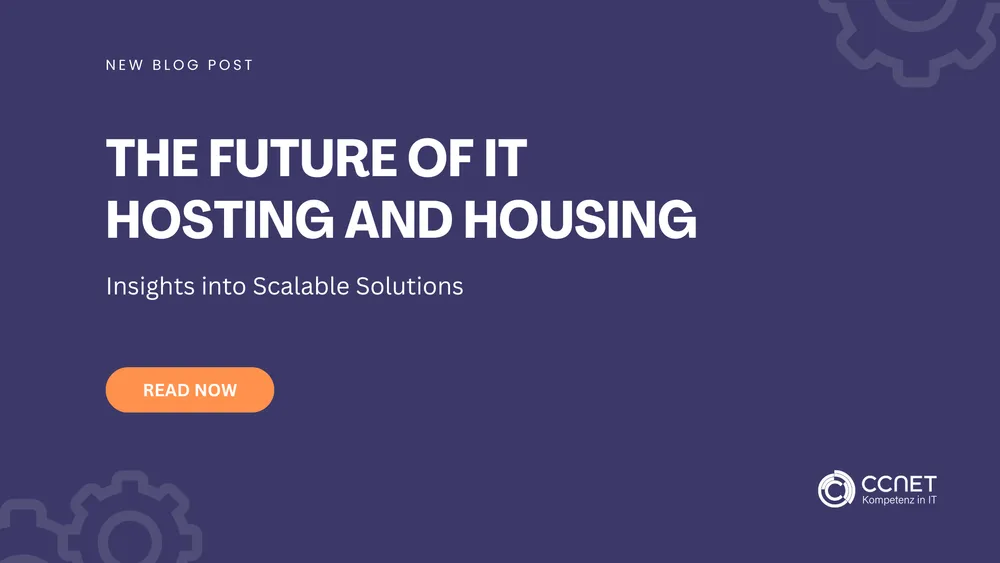
CCNet
Jul 24, 2024 • 2 min read

Zero Trust in Hosting and Housing: The New Standard for Cybersecurity
As cyberattacks become increasingly sophisticated and digitization advances in all areas of life, the security of IT infrastructures is becoming increasingly important. In this context, the concept of Zero Trust is gaining significance, especially in the hosting and housing sector, where sensitive data and critical applications are hosted. But what exactly does Zero Trust mean, and why is it so important for hosting and housing providers?
Further information can be found here: Solutions
The Zero Trust Model: Trust is Good, Control is Better
The Zero Trust model is based on the principle of "Never trust, always verify." Unlike traditional security approaches that rely on a trusted internal network environment, Zero Trust assumes that threats can come from both outside and inside. This means that every request to the system, regardless of its origin, must be treated as a potential threat and verified accordingly.
Applying Zero Trust in Hosting and Housing
For hosting and housing providers, implementing a Zero Trust model implies a comprehensive review of their security architecture. This includes:
-
Microsegmentation: Dividing data and applications into smaller, isolated segments to control access and prevent the spread of threats.
-
Multi-Factor Authentication (MFA): Using more than one verification method for user access to ensure user identity.
-
Least Privilege Access: Restricting user access only to the resources necessary for their specific task minimizes the risk of internal abuse or external attack.
-
End-to-End Encryption: Encrypting data, both at rest and in transit, protects sensitive information from unauthorized access.
-
Automated Threat Detection and Response: Utilizing advanced security technologies to detect and respond to threats in real-time.
Benefits of Zero Trust for Hosting and Housing Providers
The adoption of a Zero Trust model offers numerous benefits to hosting and housing providers, including:
- Enhanced Security: Constantly verifying all access attempts significantly reduces the risk of data breaches.
- Regulatory Compliance: Zero Trust helps companies meet the growing regulatory requirements for data protection and information security.
- Flexibility and Scalability: Security measures can be easily adapted to changing business requirements and threat landscapes.
- Customer Trust: A robust security approach strengthens customer trust in the provider's services.
Conclusion
Implementing a Zero Trust model is not only a strategic decision to enhance cybersecurity for hosting and housing providers but also a crucial step in ensuring business continuity and customer trust. In a world where cyber threats are commonplace, Zero Trust is the "New Standard" and the key to a safer digital future.


